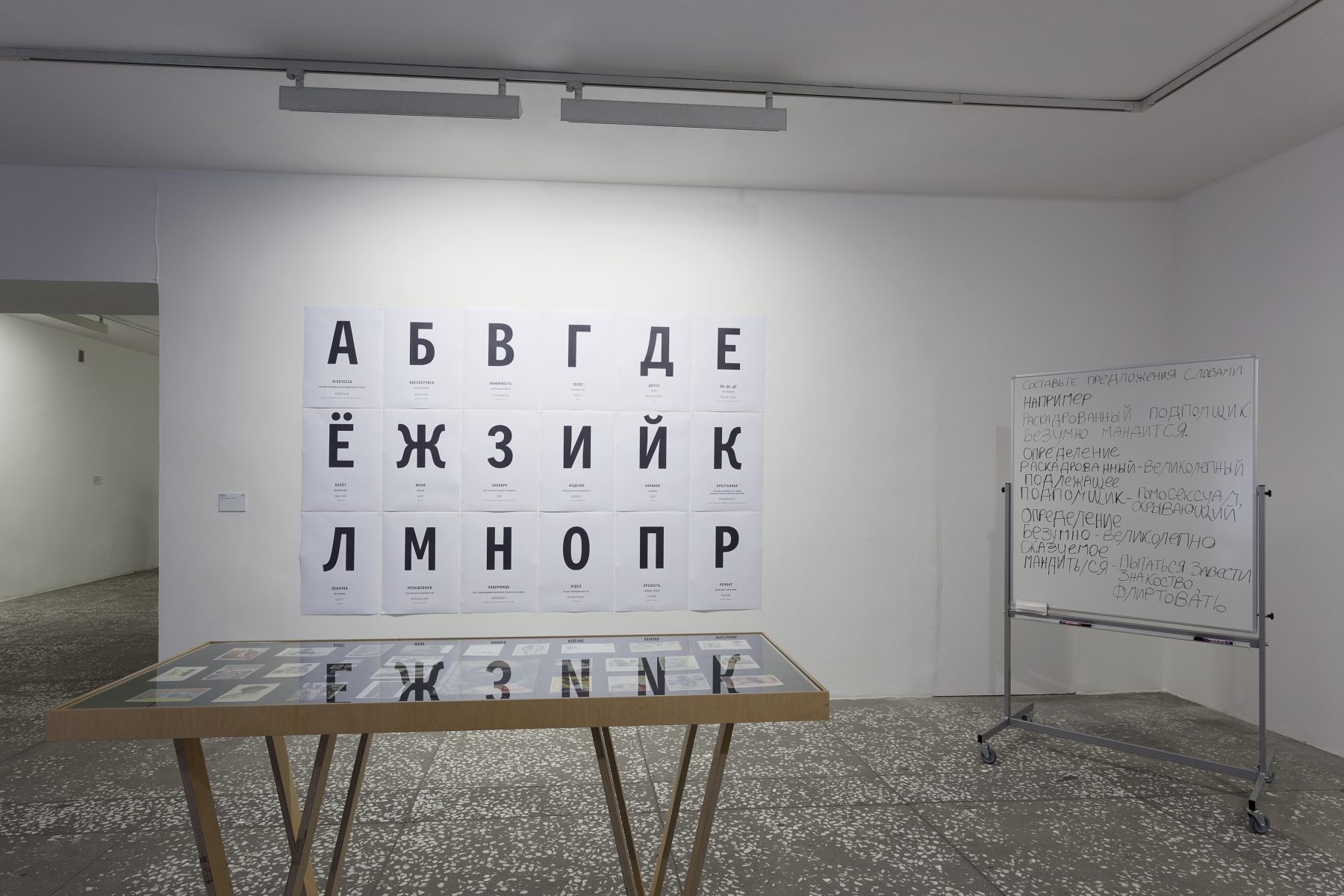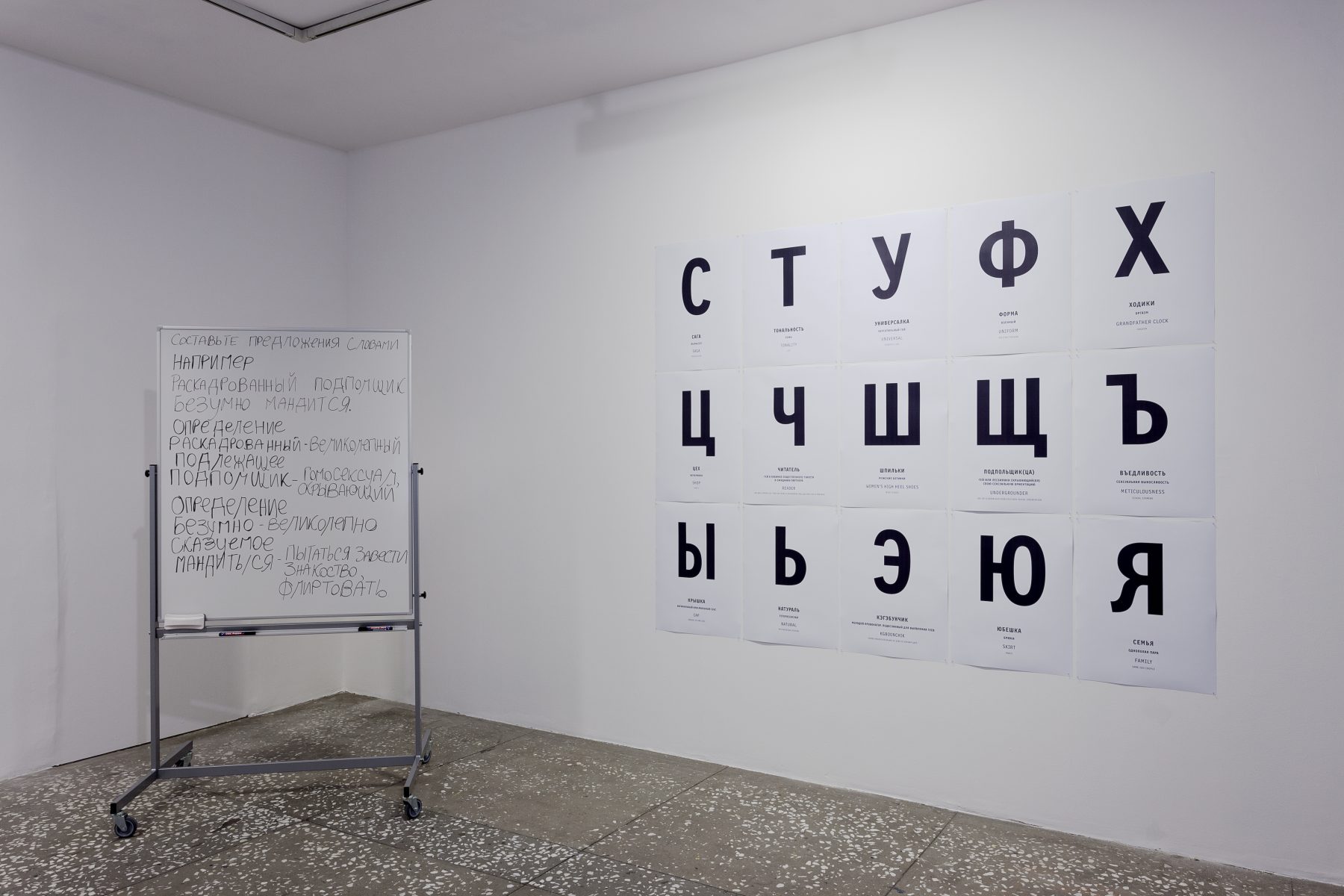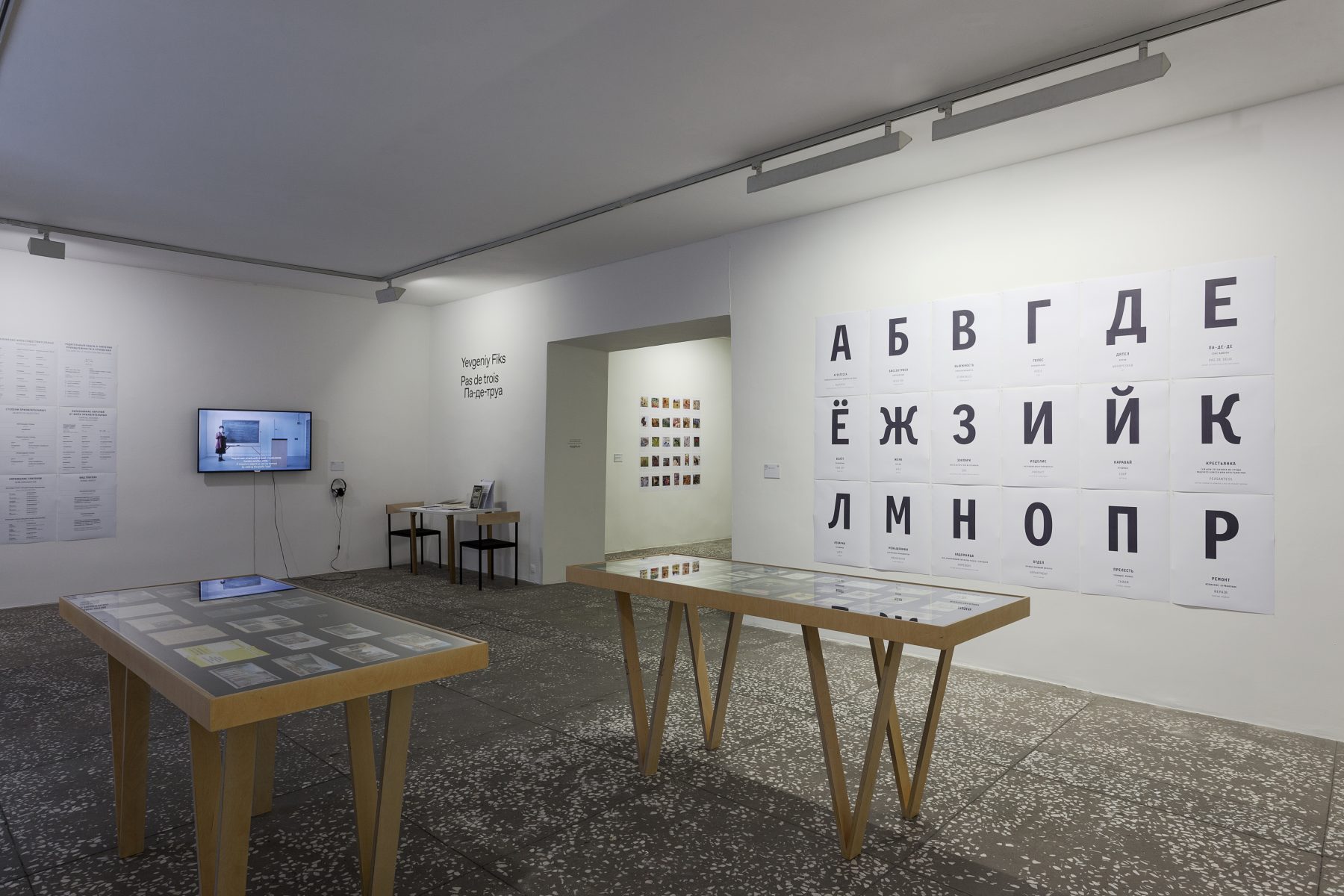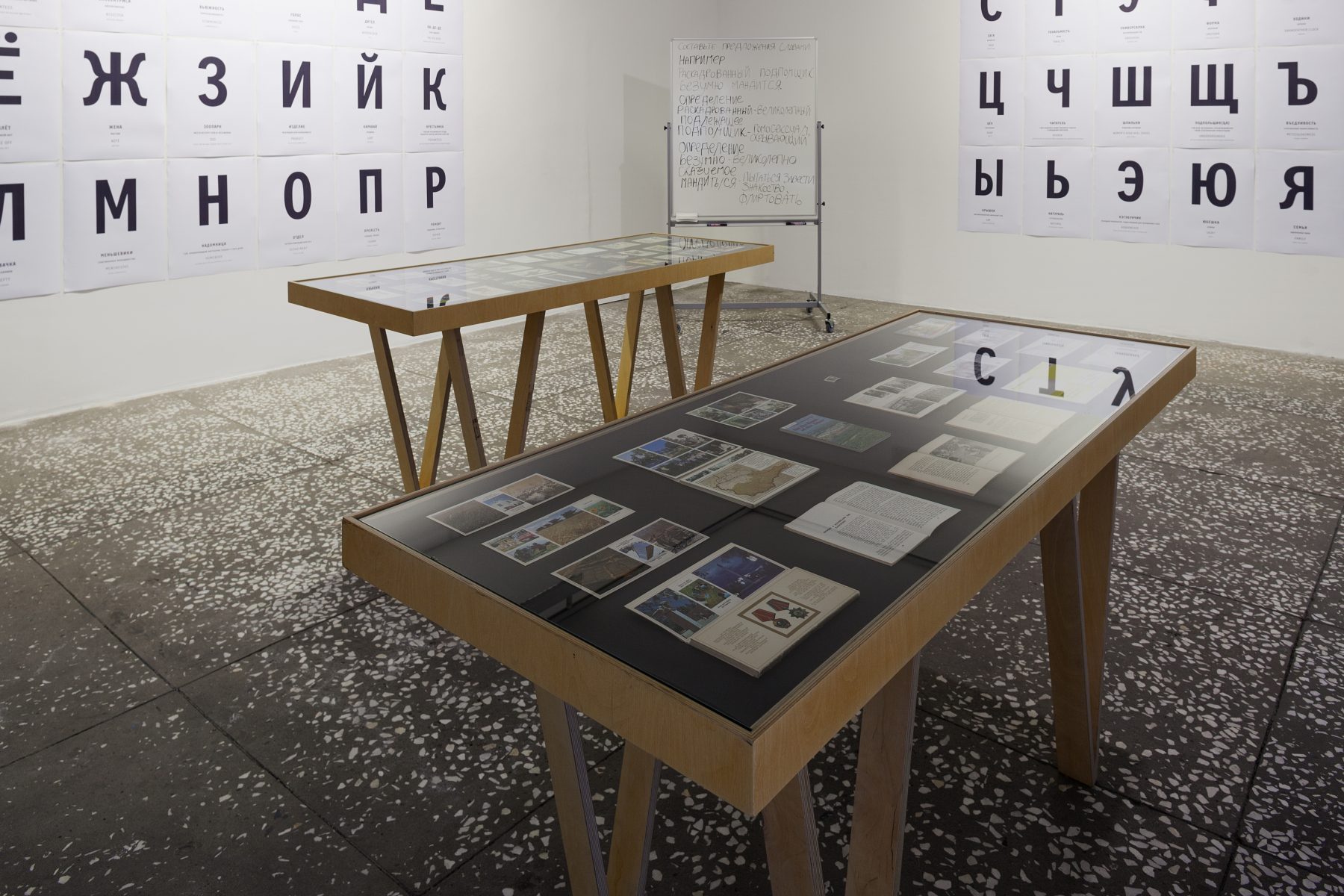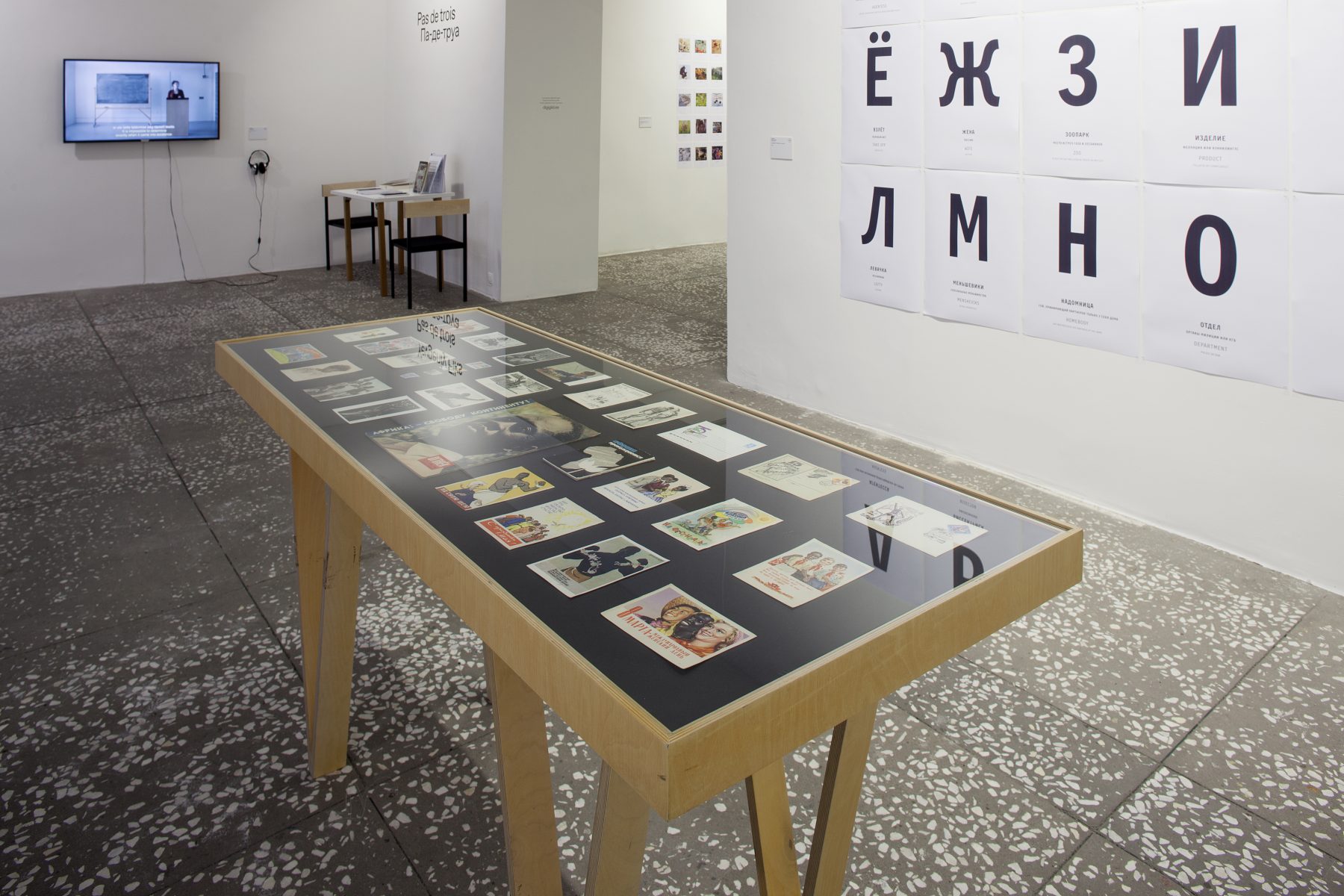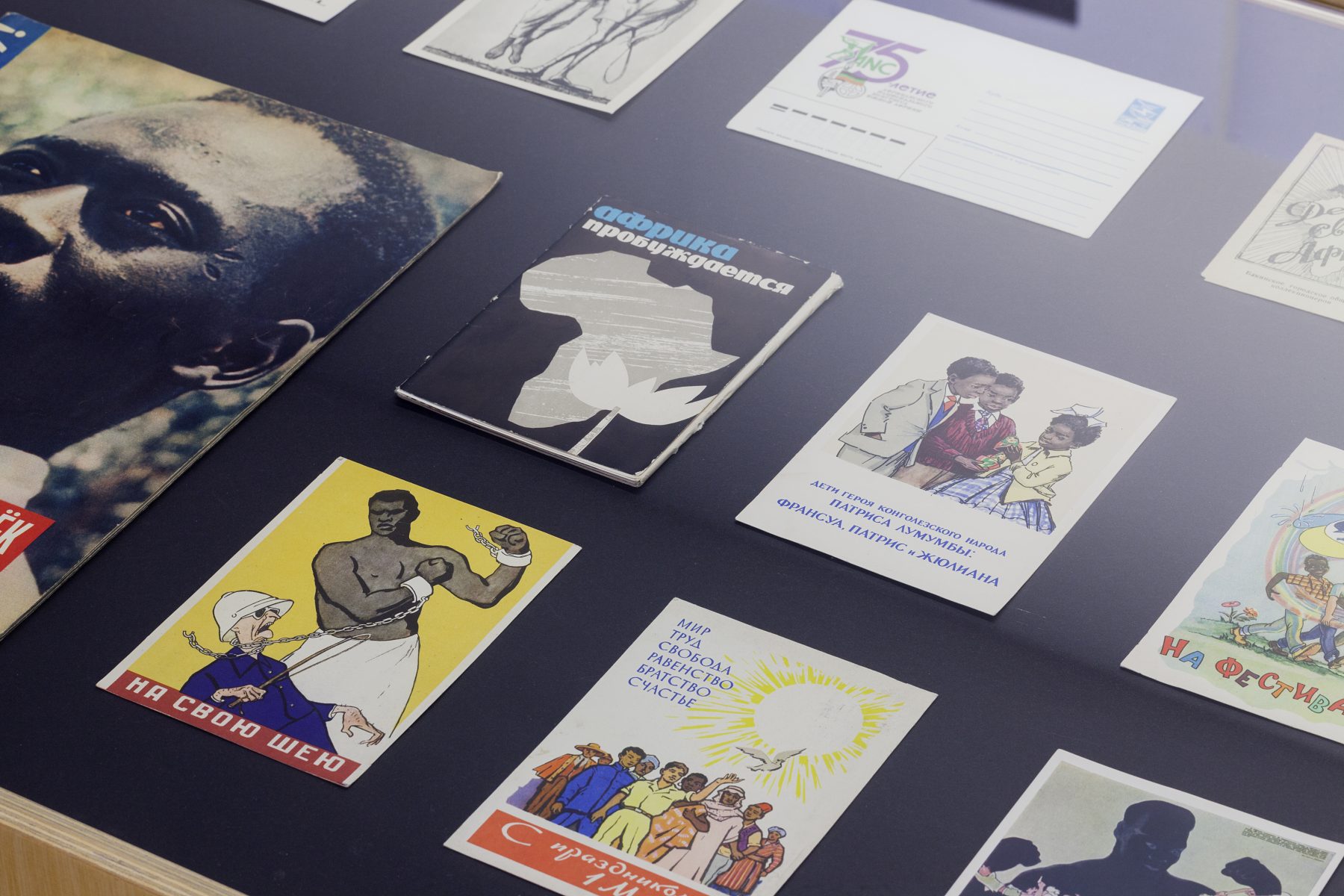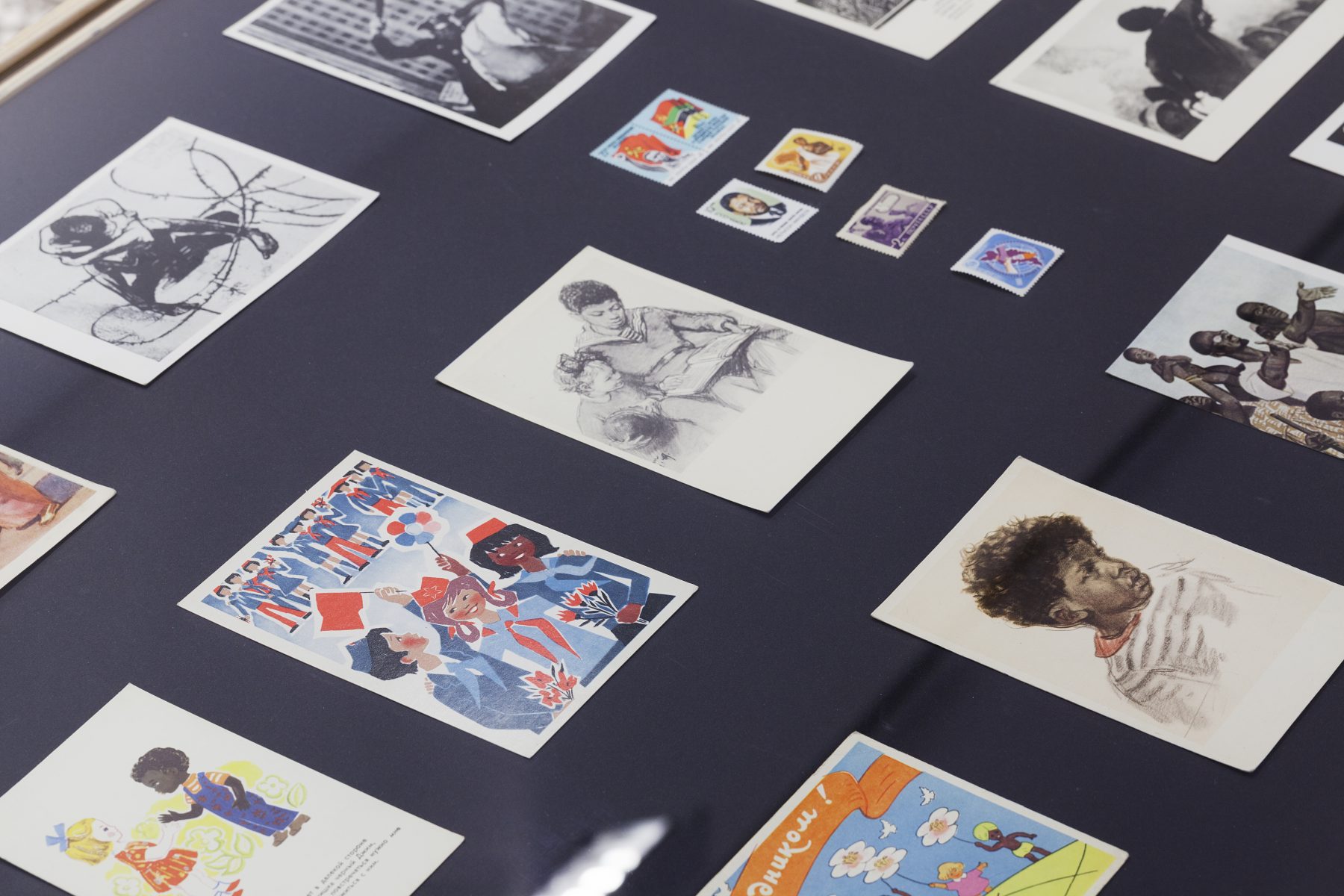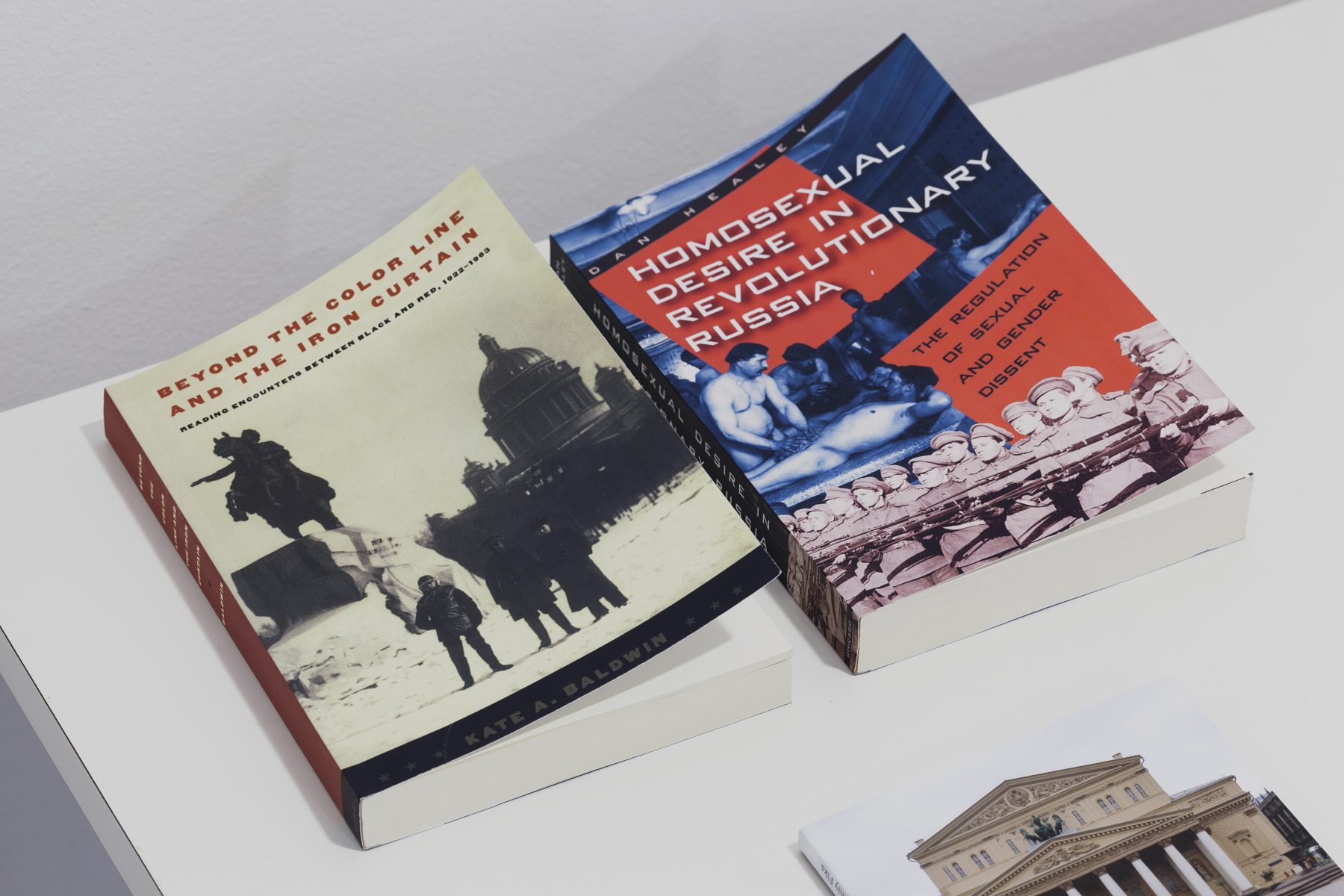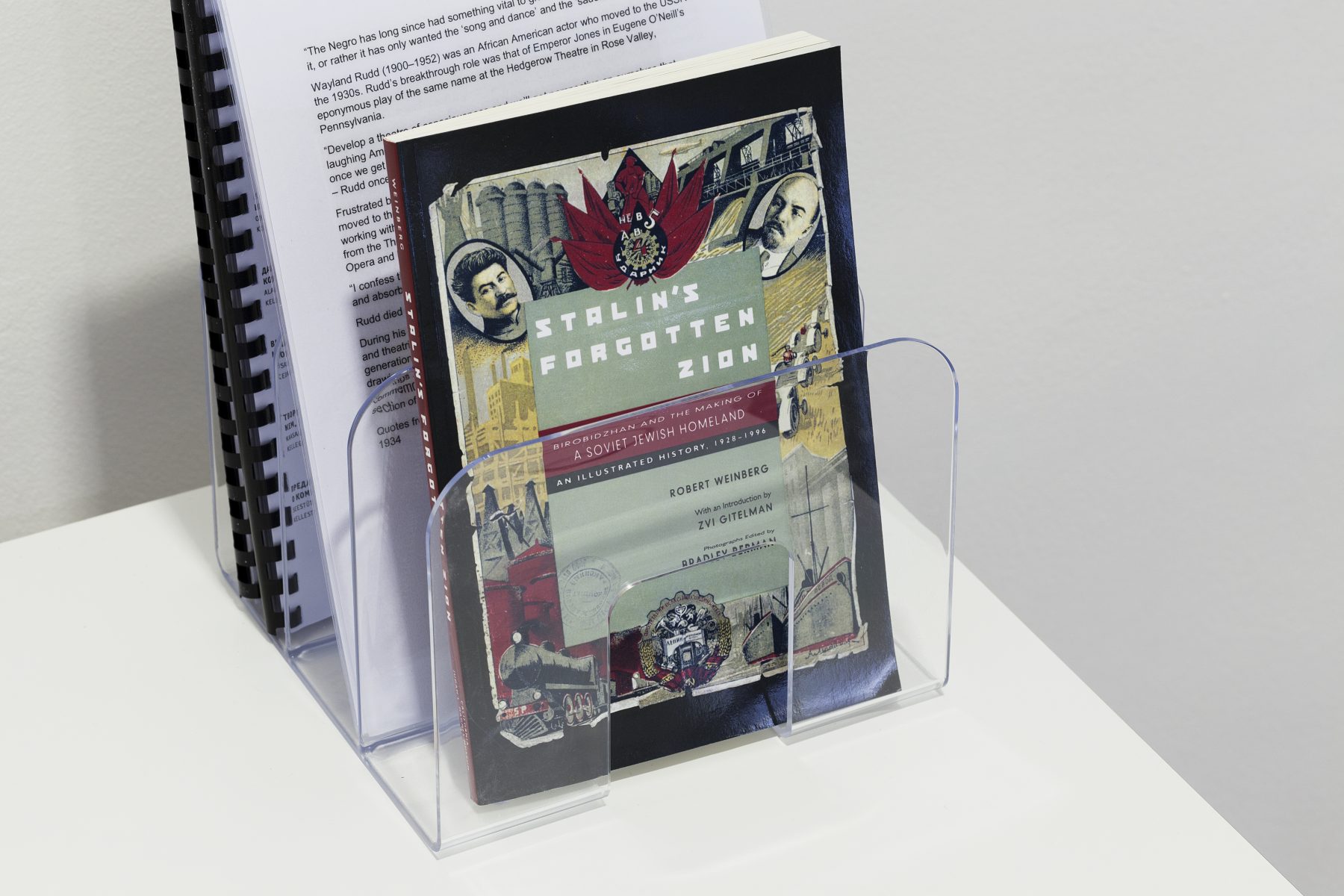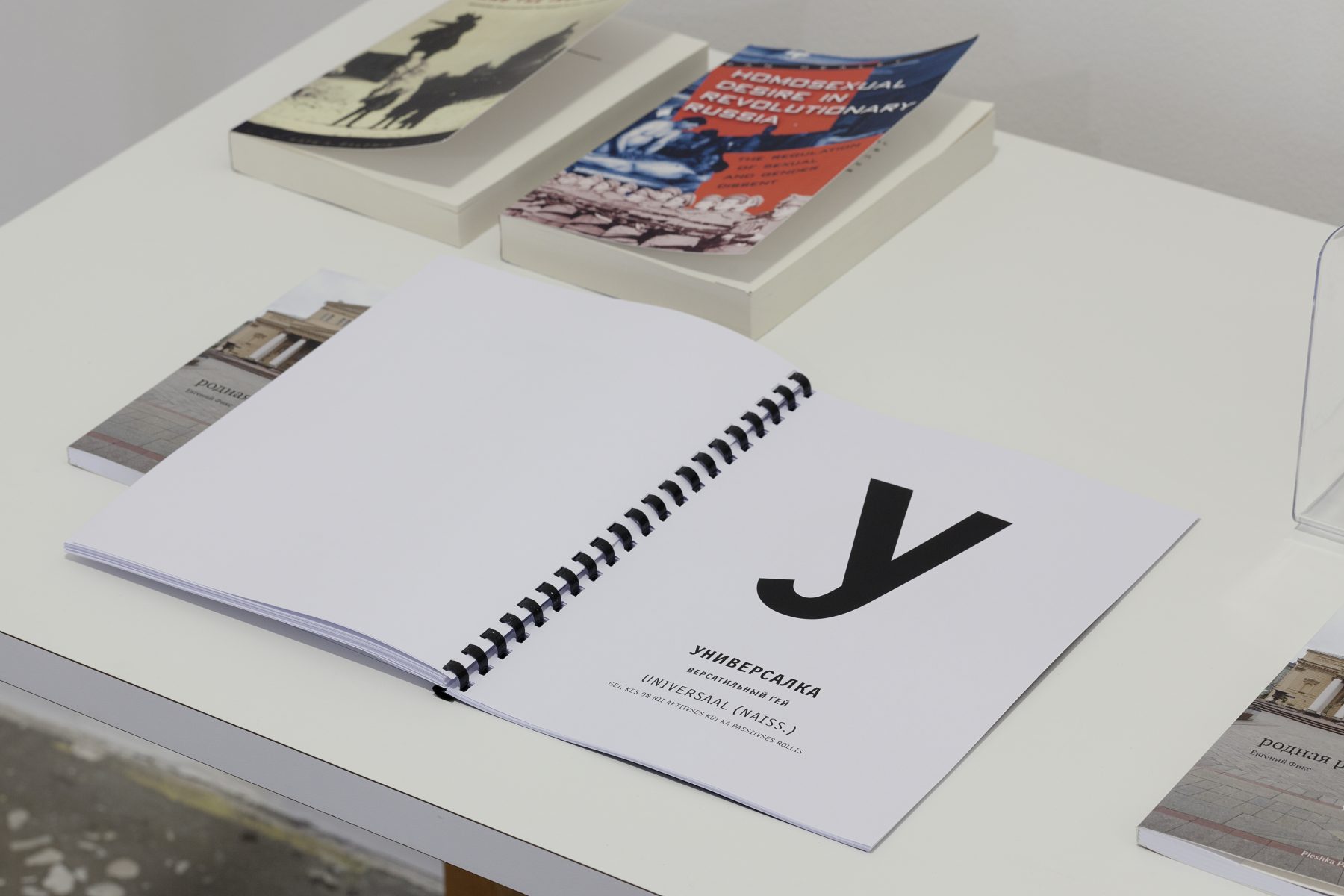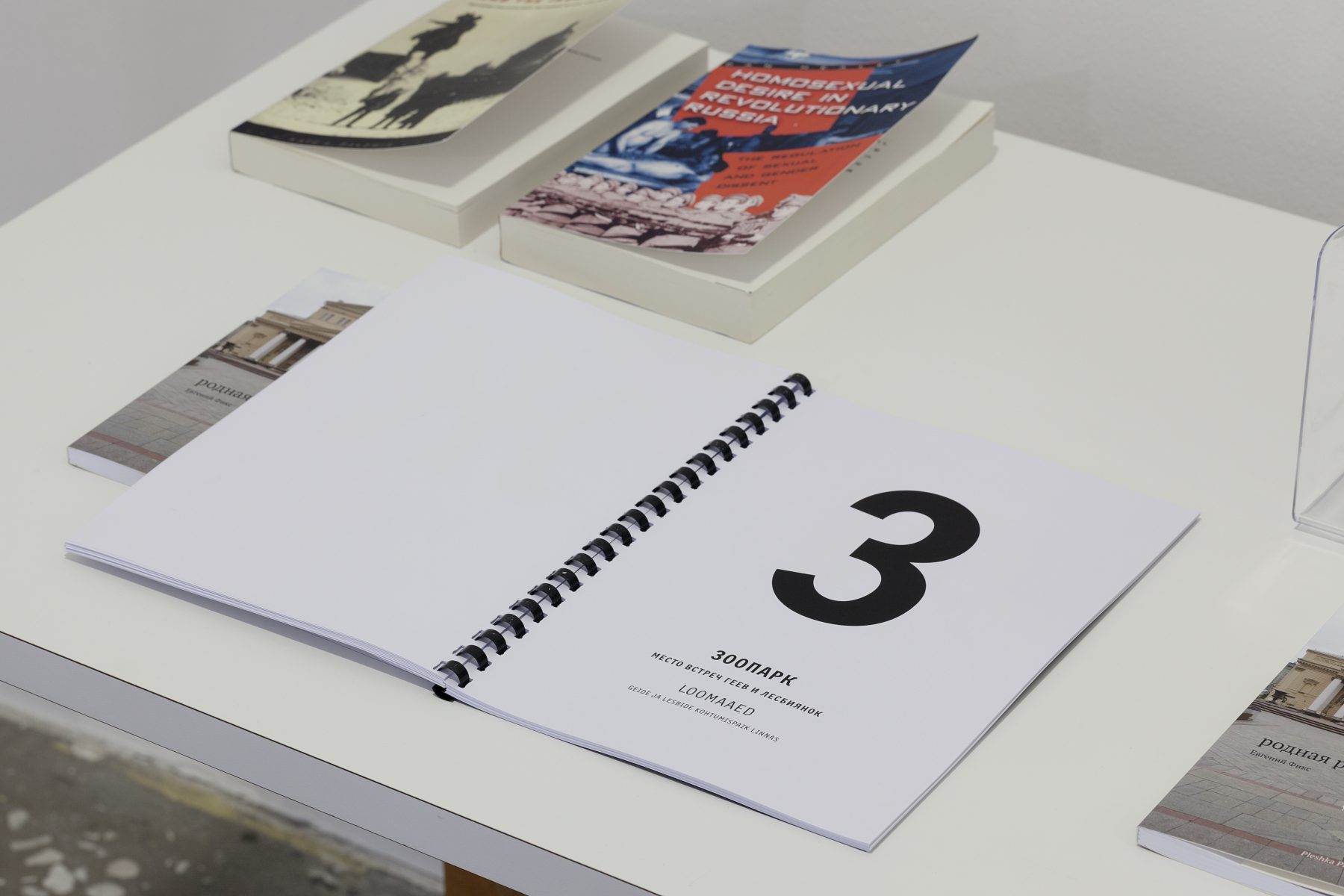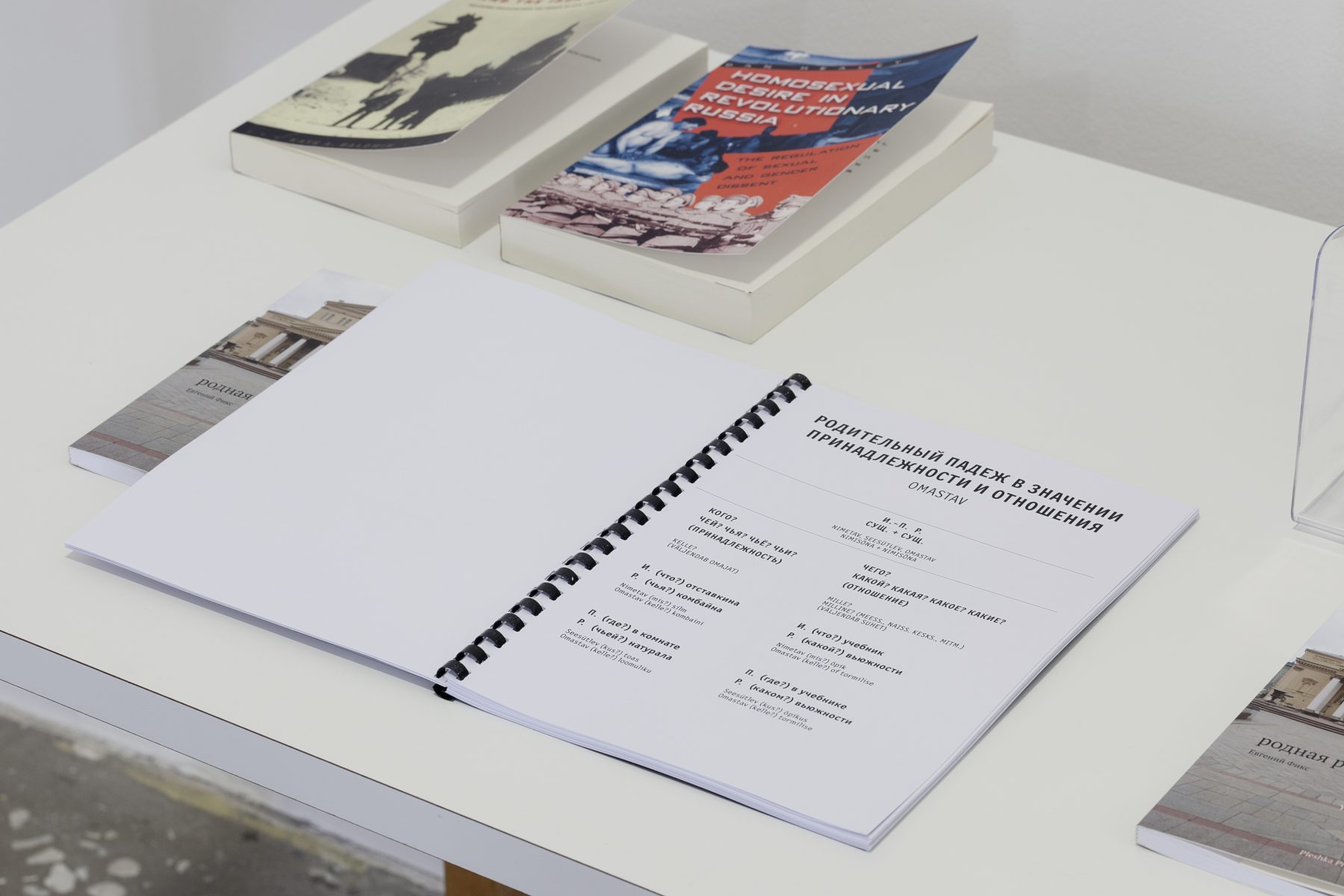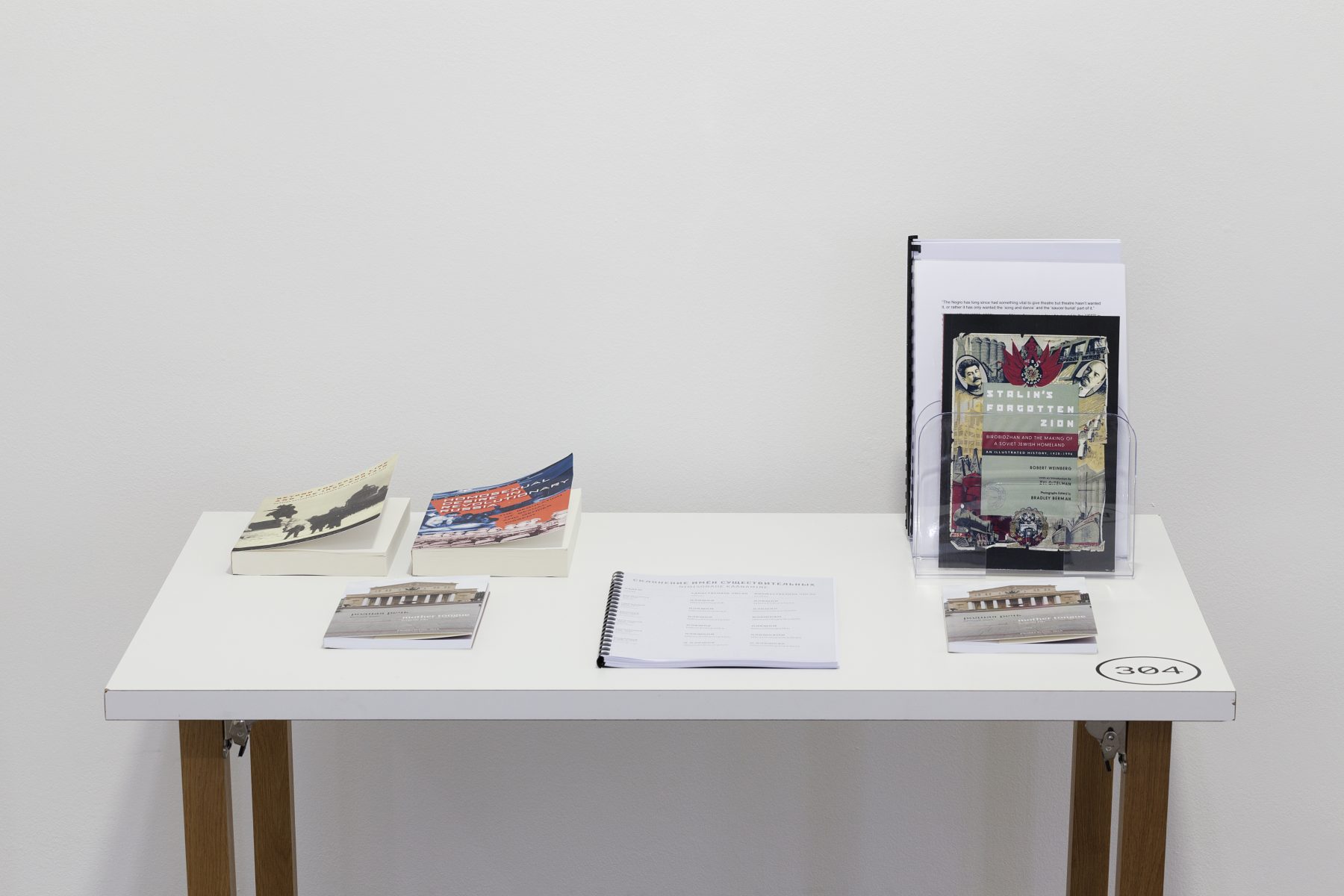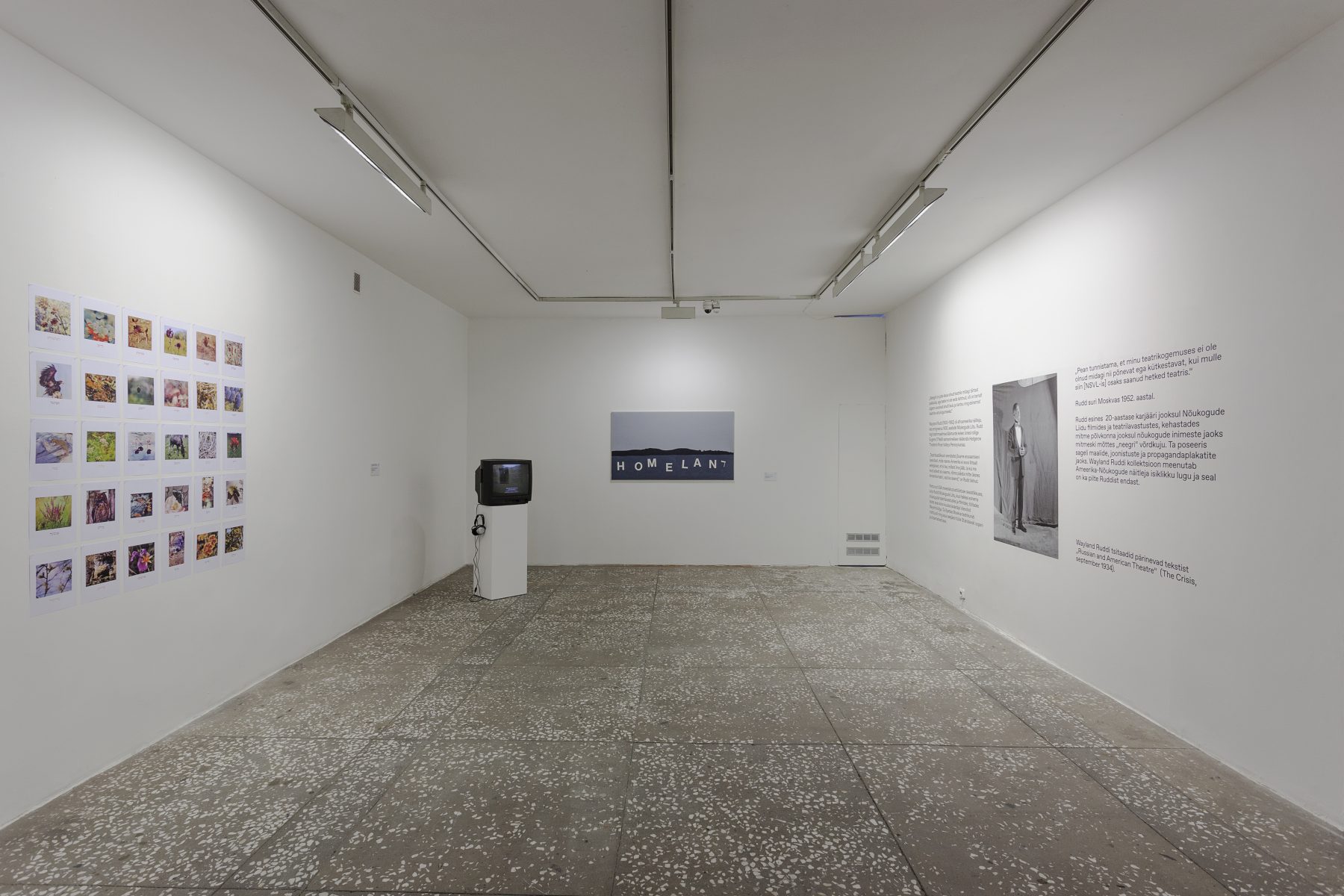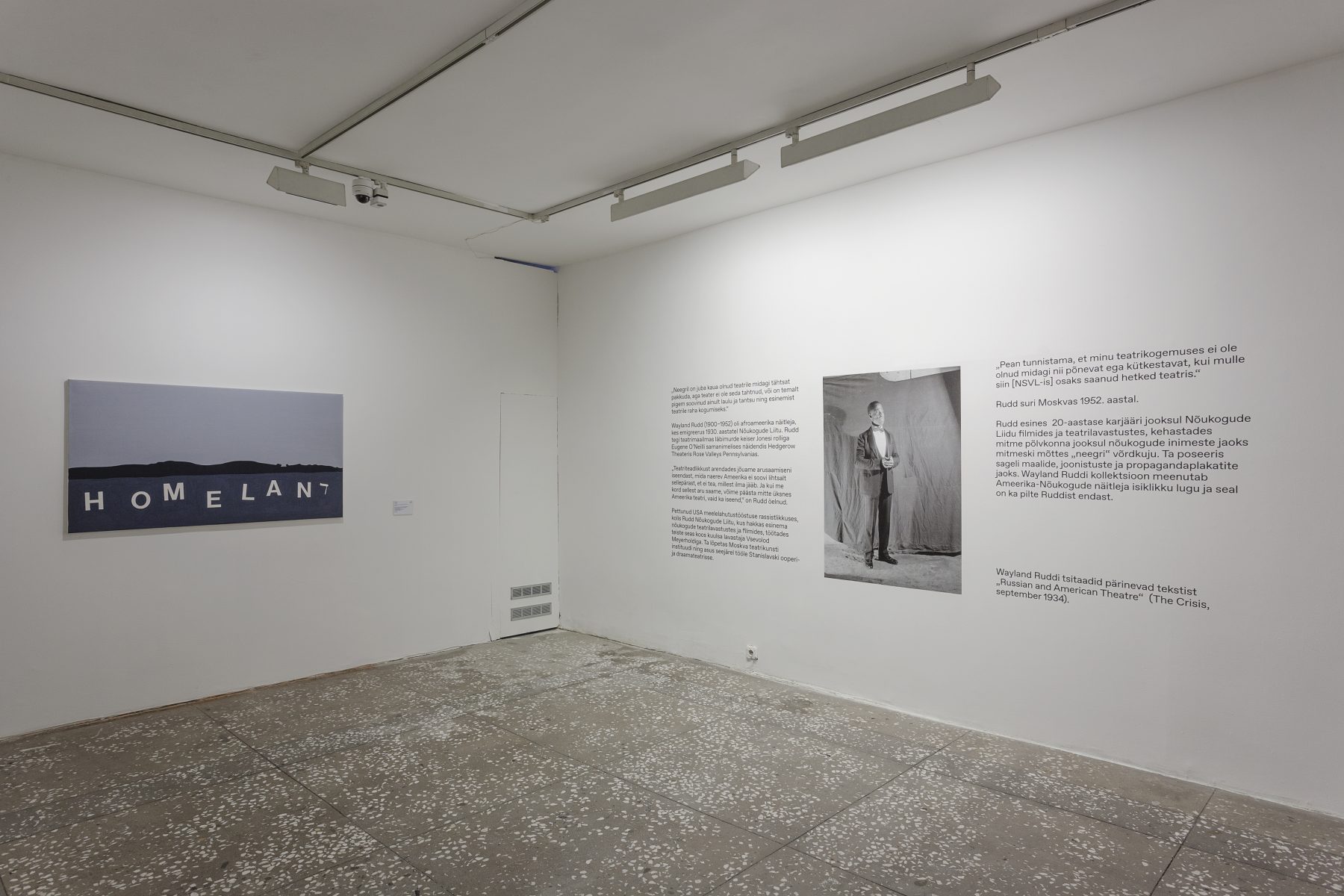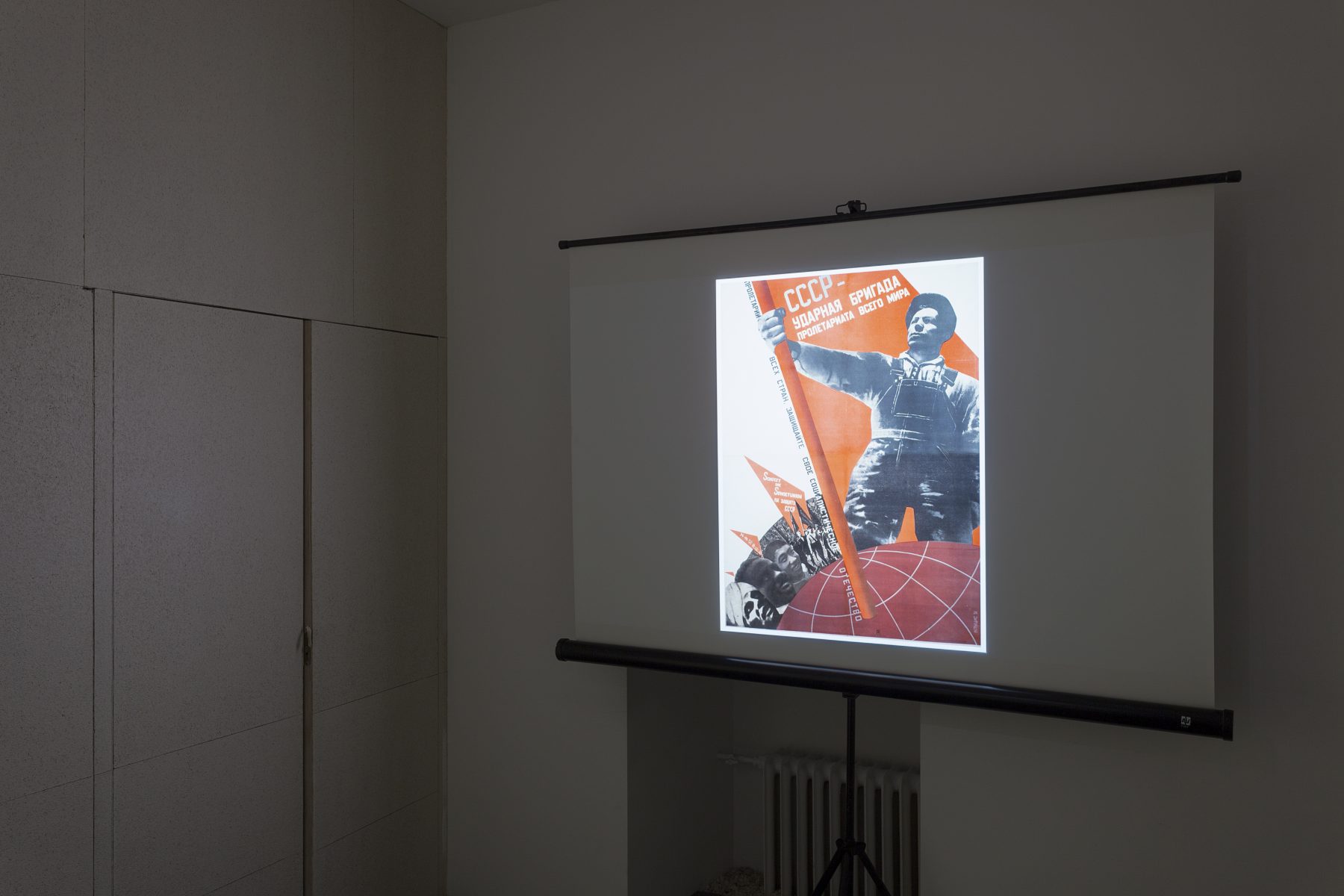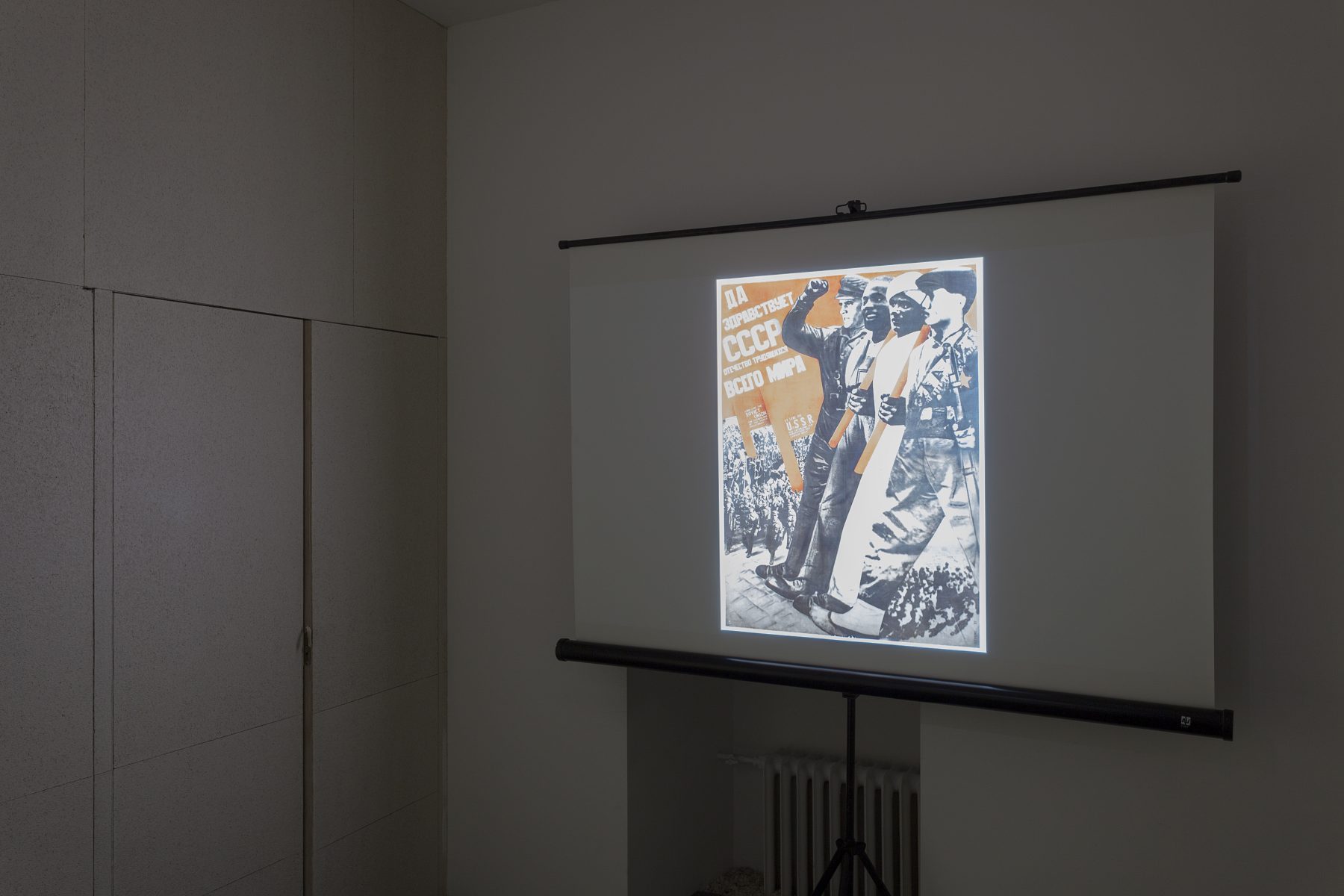Yevgeniy Fiks. Pas de Trois
Curated by Corina L. Apostol
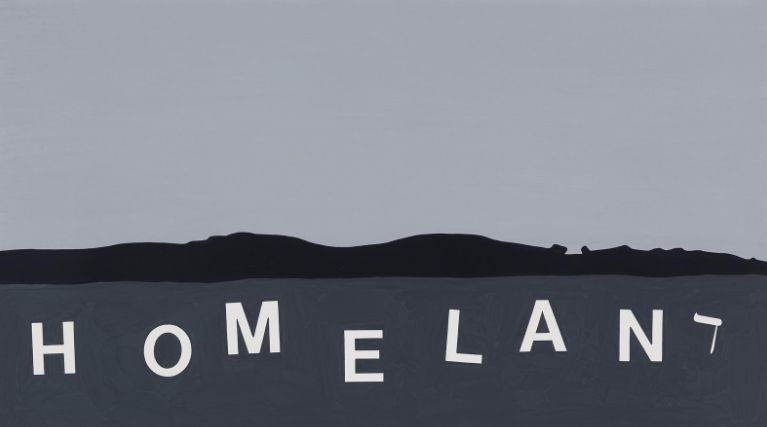
Pas de Trois, the first solo exhibition in Estonia by the renowned New York-based, Russian artist Yevgeniy Fiks will open at Tallinn City Gallery on Friday 28 May 2021 at 18.00. “Pas de Trois” will remain open until Sunday 25 July 2021.
On 28 May at 6 pm visitors are invited to the curator’s tour by Corina L. Apostol in English. The number of visitors allowed on the tour and in the exhibition space is only 10, so please pre-register here.
“The exhibition reveals surprising hidden or repressed aspects of life and culture during the former Soviet Union period, looking in particular at the experiences of marginalised peoples, such as the gay, Jewish and black communities. Fiks’s show proposes a progressive revision of Soviet history from a provocative perspective, one that is much needed in the contemporary moment when social tensions and discrimination are rife in democratic and non-democratic nations alike. The title of the show, Pas de trois, which normally denotes a dance between three participants in ballet, is revealed to be part of the Soviet-era gay jargon, and refers to a tryst between three people. This coded language, comparable to the jargon used by gay and other countercultures in the past, is presented and celebrated as part of Fiks’s seminal project, Mother Tongue (2019),” observes curator Corina L. Apostol.
Other projects by Fiks that are exhibited for the first time in Estonia include Landscapes of the Jewish Autonomous Region (2012–2016), an installation that tells the story of the Soviet Union’s Jewish Autonomous Region, which still exists to this day along Russia’s border with China, and a custom rendition of The Wayland Rudd Collection (2019), a conceptual archive assembled by the artist on the representation of African and African American people in Soviet art. What is important is not to equate Soviet Gay, Jewish and Black cultures, language, and experiences, but instead to see them in relation to one another.
Fiks approaches these projects from his own identity as an immigrant: raised in Moscow, he was trained as a socialist realist painter during his artistic education, and later continued his studies in the US. After the collapse of the Soviet Union, he immigrated there becoming part of the Russian, queer and Jewish diasporas. As with his projects shown in Tallinn, Fiks has dedicated his practice to reviving overlooked or suppressed historical facts, unlikely stories and Cold War myths.
In the case of Pas de Trois, the carefully selected projects from Fiks’s oeuvre question assumptions about the totality and universality of the Soviet experience. The exhibition proposes the aforementioned notion of “progressive revisionism” as a way to address contemporary issues, such as selective memory and nationalism of exclusion, without resorting to uncritical restorative nostalgia on the Left.
The exhibition is curated by Corina L. Apostol.
This exhibition is part of a multi-year cycle that focuses on post-Soviet space and history, addressing questions related to the resurgence of nationalism(s) and conservatism(s) after 1991, the development of local art and cultures on the background of transition, dialogues between a generation which matured during the Soviet period and one which has no immediate experience of it, as well as other significant aspects of the Soviet cultural heritage.



